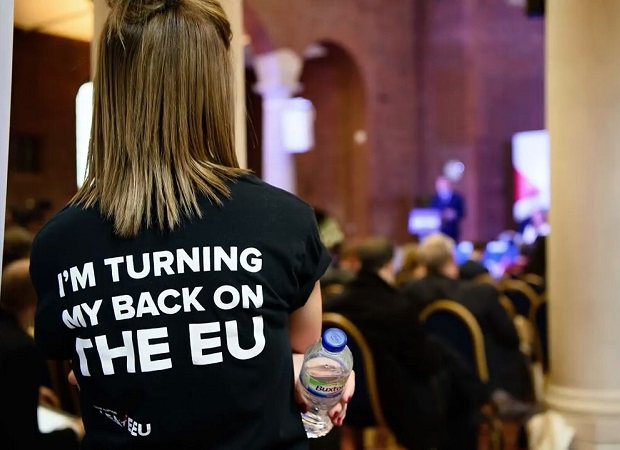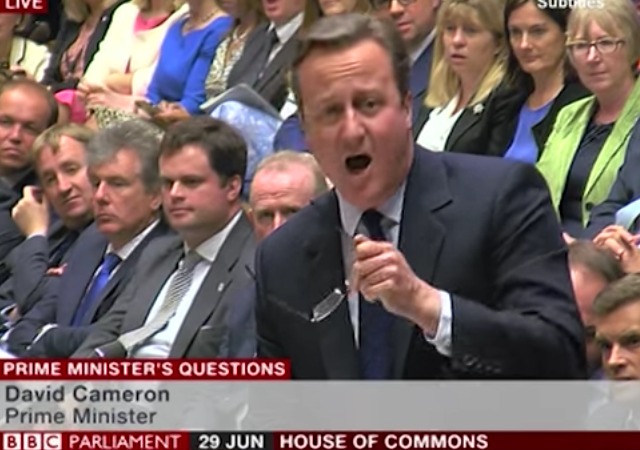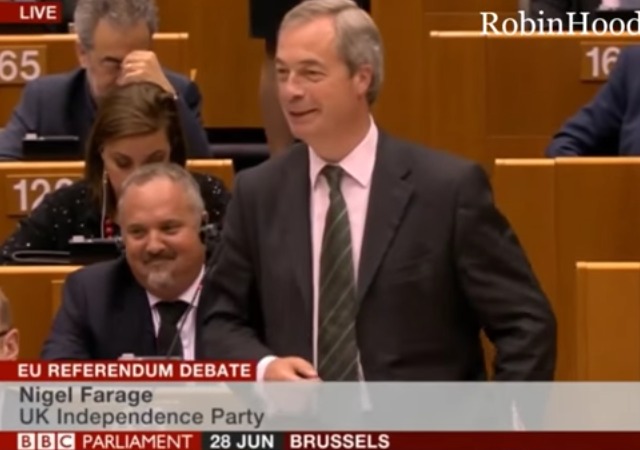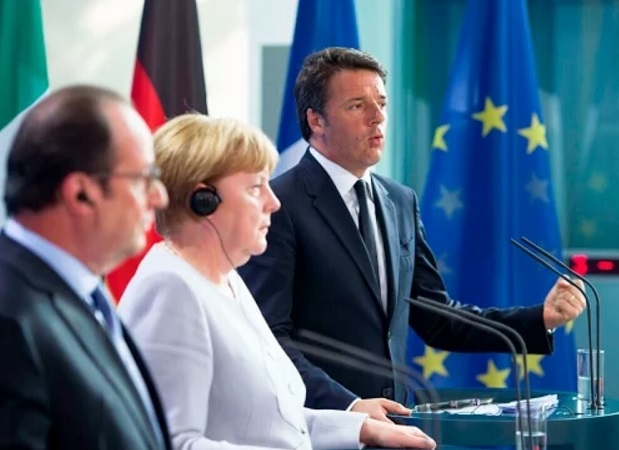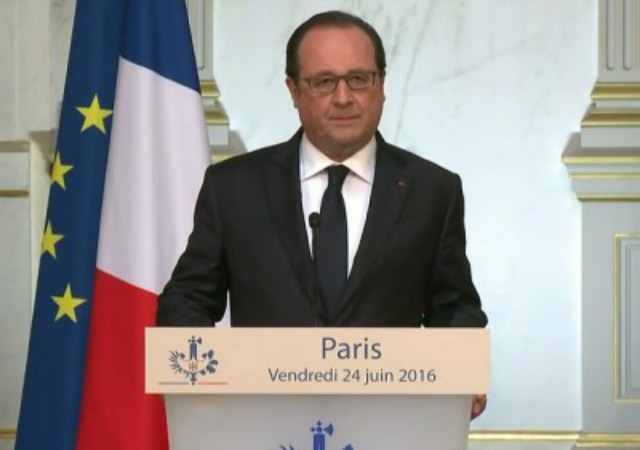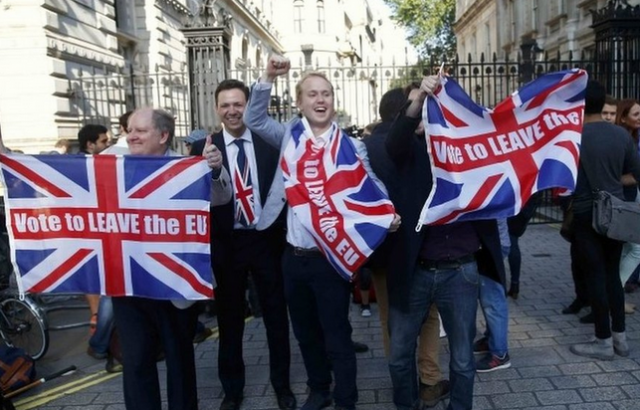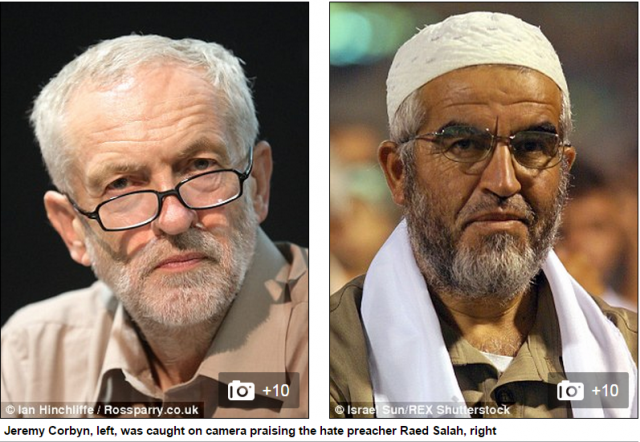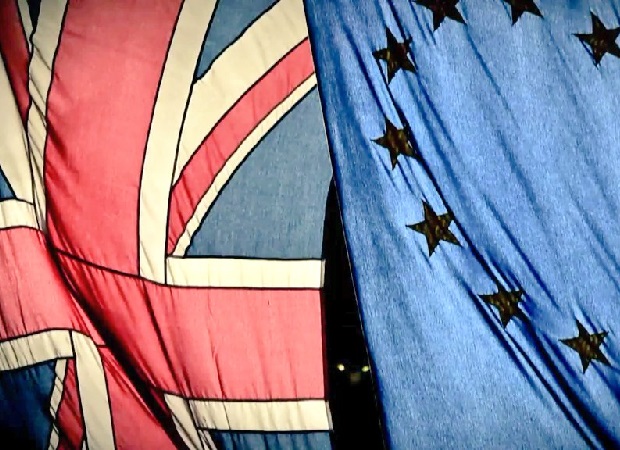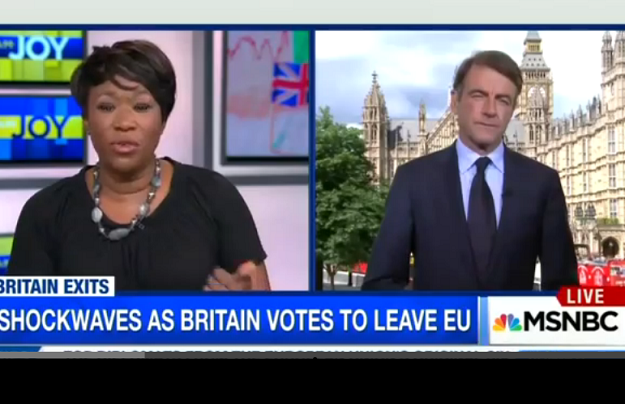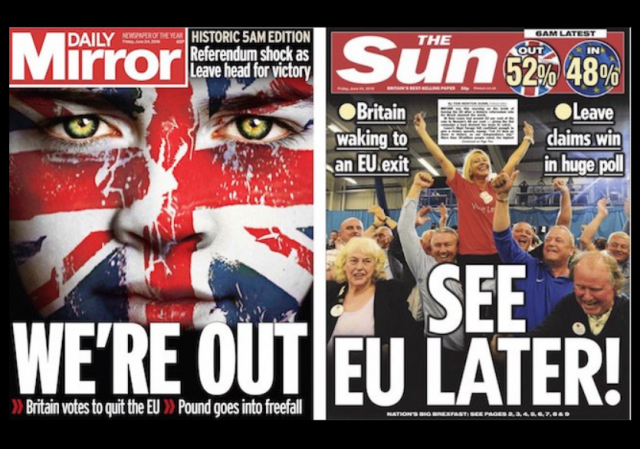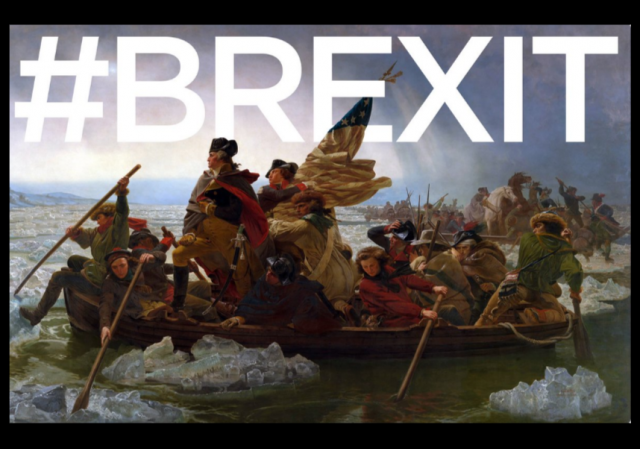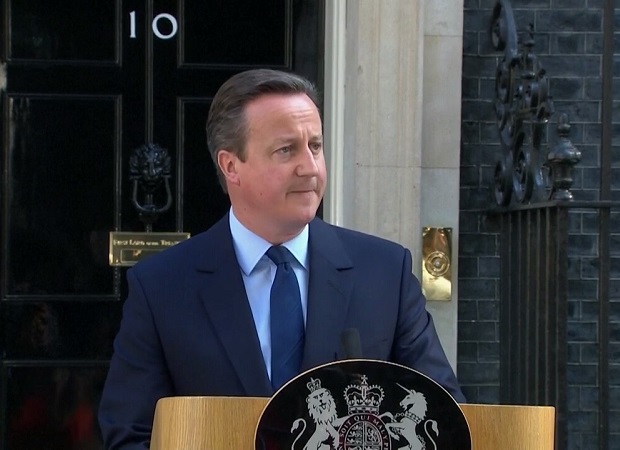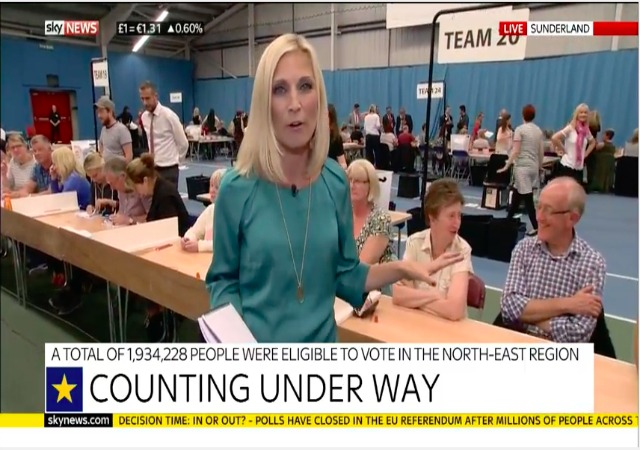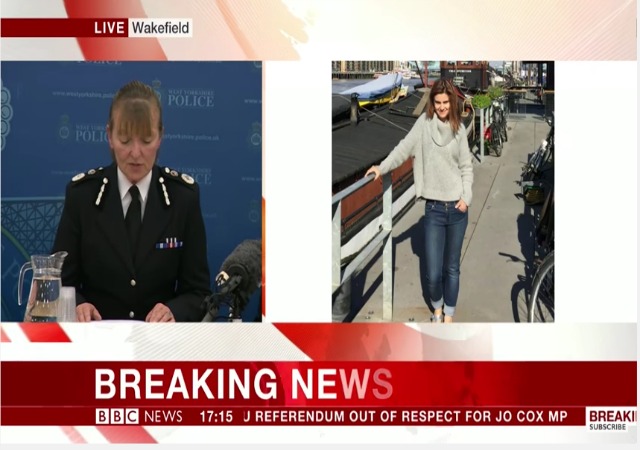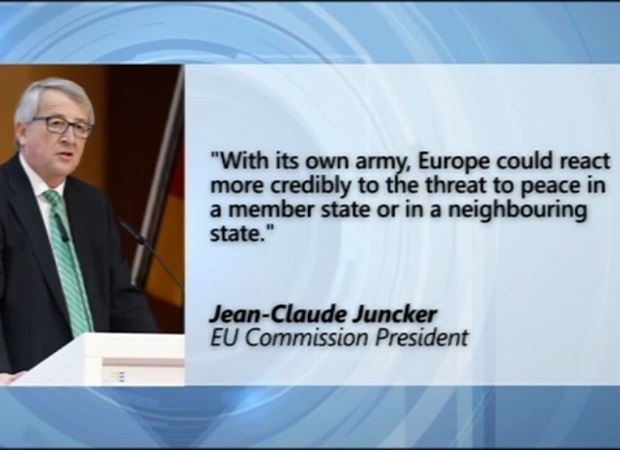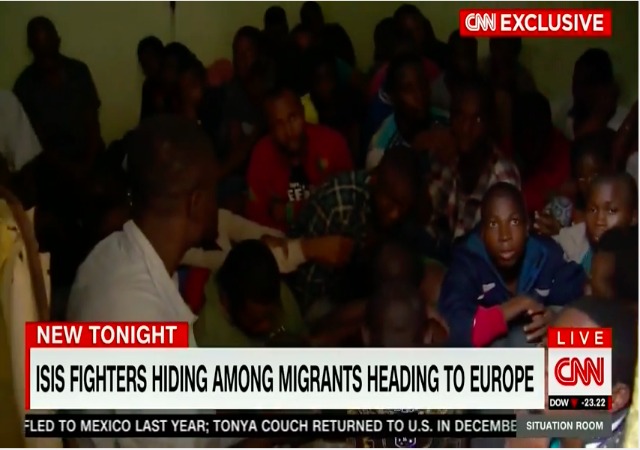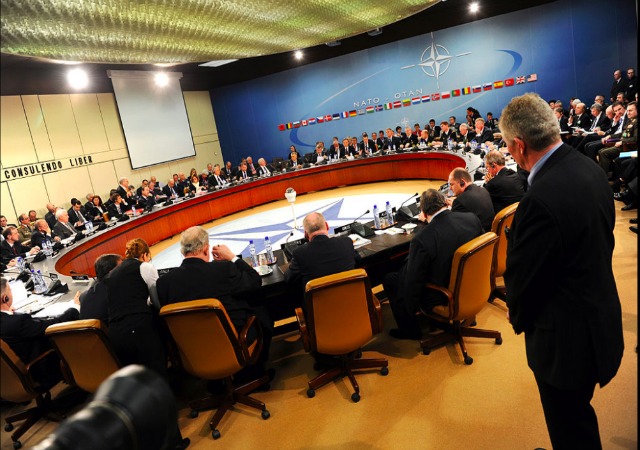That Time the European Union Tried to Ban Cinnamon Buns
on July 01, 2016
19 Comments
As more information is revealed about the extent of European Union regulatory inanity in the wake of the #Brexit victory, the more the Leave voters have been vindicated.
Kemberlee blogged that EU regulations were set to ban traditional tea kettles and toasters that are essential appliances in the British kitchen. In 2013, the bureaucrats put restrictions on cinnamon content of traditional Danish pastries:
Brussels has sparked outrage in Denmark by proposing to outlaw their traditional pastries. Christmas festivities have been dampened in Copenhagen by the prospect that this could be the last year its citizens will be able to eat their kanelsnegler or cinnamon rolls. The end to the beloved pastries comes from EU limits on the amount of coumarin, a naturally occurring toxic chemical found in the most commonly used type of cinnamon, cassia.


